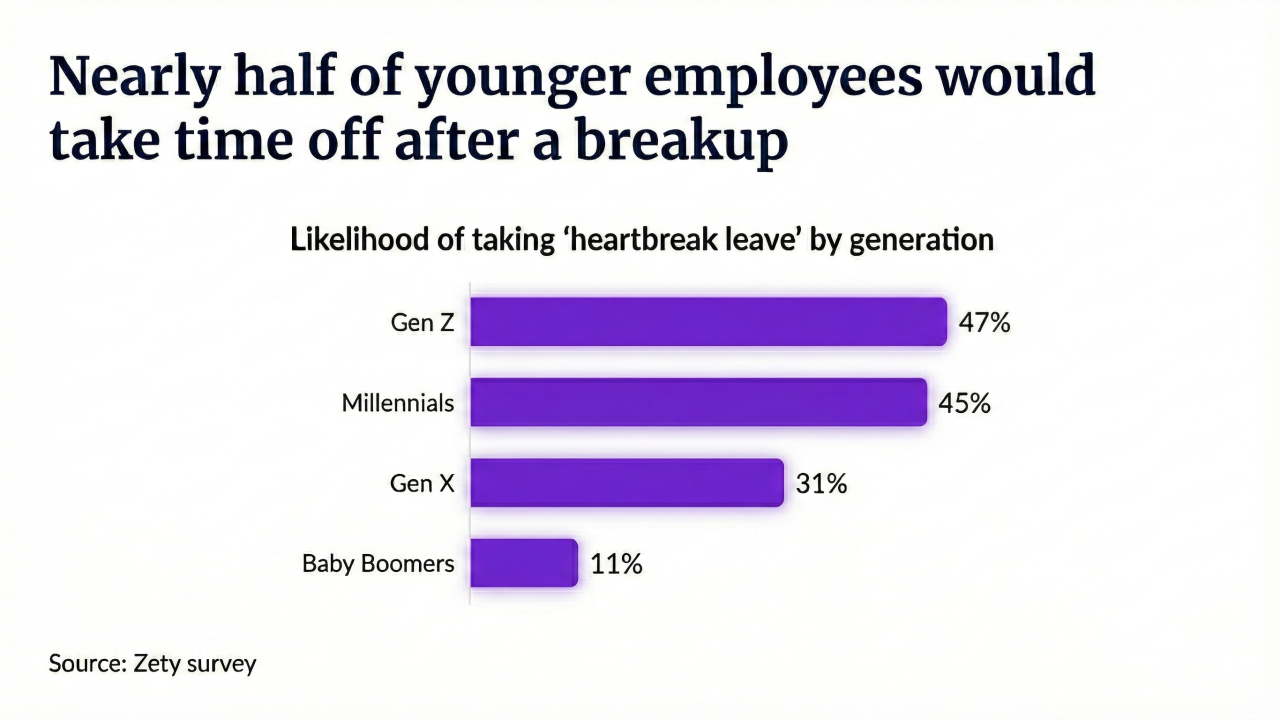Companies operating remotely over the past few months have found that hiring, onboarding and training can be done virtually, in a way that’s effective and efficient, thanks to today’s technology.
Since stay-at-home orders went into effect, 51% of respondents have interviewed a candidate remotely, and 42% have extended an offer remotely, according to a report from Addison Group, a national staffing and recruiting firm.
And remote hiring could be here to stay, as 21% of hiring managers believe virtual interviewing will be a permanent benefit moving forward. This can help expand a company’s candidate pool, as people who can’t get time off from work or have problems with childcare can still interview for the available position, says Peg Buchenroth, SVP of human resources at Addison Group.
“For larger teams with several interview rounds, it’s not uncommon for candidates to have more than three interviews ahead of an offer,” she says. “The widespread use of virtual interviews in initial interviewing rounds accelerates the process, saves the hiring organization excess expense and shows respect toward a candidate’s time.”
But the technology can also be the reason an interview goes wrong.
“A technical error could reduce face-to-face time or reflect poorly on the party responsible for the technical difficulties,” Buchenroth says. “Ensure any tools you need, such as Skype or Zoom, are properly set up and working well before the interview.”
See also:
The rapid transition to remote hiring routines isn’t always easy — for 56% of hiring managers, this is the first time they performed hiring activities remotely, the Addison Group report finds. For job candidates and employers who are used to, and more comfortable with, in-person interviews, adapting to the new normal of remote hiring can be both stressful and frustrating.
“I think there are some positions where an in-person interview can be hard to replicate, especially if that position is going to require a lot of in-person interaction at some point,” says Candace Nicolls, SVP of people and workplace at Snagajob, a staffing firm for hourly and essential workers. “Sometimes that can be hard to assess remotely unless you have a clearly thought out process.”
With many candidates having kids at home, or not having reliable internet access, it’s also important that employers are compassionate and understanding of potential issues that the work-from-home environment can impose, Nicolls says. Managers should take time to explain the process, and leave room for technical difficulties.
“I think the advantages [of remote hiring] far outweigh the disadvantages,” she says. “But when there are circumstances that people just aren’t able to control, that's actually a real opportunity for hiring managers to show empathy, and it can be a really powerful way to show your brand through all of this.”
Having a standardized remote interviewing process, where all candidates are given the same set of questions, can also help improve diversity and decrease adverse impact and bias, Nicolls says.
“Asking objective questions will help you assess candidates based on a criteria that everybody’s already decided on,” she says. “When people are interviewing face-to-face, those initial first impressions can override some of the candidate answers. We know that relying on that gut instinct when someone walks through the door isn't the best way to make hiring decisions.”
See also:
Additionally, remote hiring can be a solution to the safety concerns brought on by COVID-19. Candidates do not have to worry about taking physical safety precautions while entering an office, and employers can keep themselves and their employees safe too, says Kevin Parker, CEO of HireVue, a software company that provides pre-employment assessment and video interview tools.
“As you think about all the challenges that we face, whether in the office or not, having long lines of people coming to the office for interviews — with all those risks associated to both the candidate and the hiring company — has jumped up pretty high on the list of concerns,” Parker says. “Companies are having to re-imagine that in a more virtual way.“
With all the benefits of remote hiring, there’s reason to believe it will be the new normal after the pandemic settles, Parker says.
“We almost made a 10-year leap in 90 days in terms of the way we think about work, remote work and hiring and access to talent,” he says. “The employers are looking more broadly than they ever had before, and recognize that they can find good people almost anywhere. And candidates are recognizing that if they can work from home 20 miles from the office, they can work from home 200 or 500 miles away from the office.”






